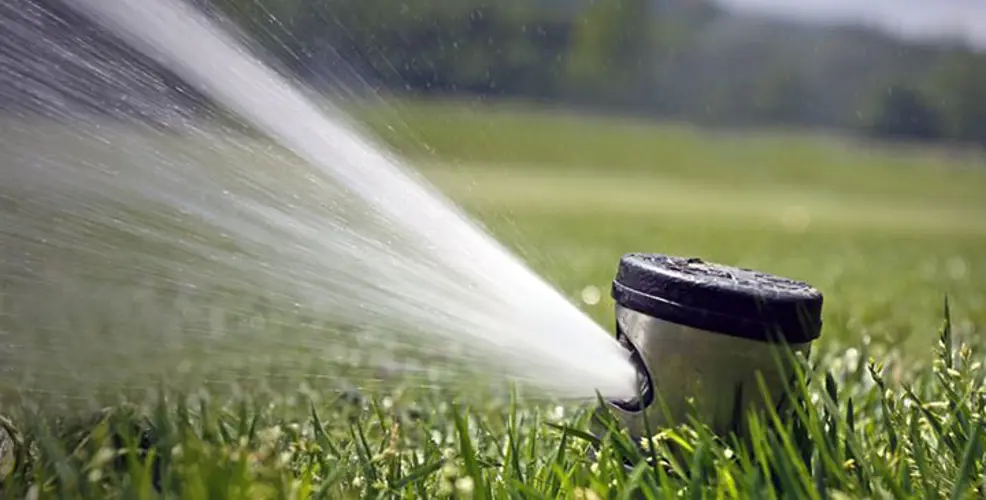
How to Reduce Water Wastage in Agriculture for Greater Efficiency
Share
In a world increasingly conscious of resource conservation, the need to reduce water wastage in agriculture has never been more pressing. As tech professionals and enthusiasts, we have the opportunity to harness cutting-edge technologies to make agriculture more sustainable and efficient. The importance of this endeavor cannot be overstatedagriculture accounts for a whopping 70% of global freshwater use. Thus, optimizing water usage in this sector could have a profound impact on global water conservation efforts.
By strategically employing innovative technologies, we can significantly reduce water wastage, making agriculture not only more sustainable but also more profitable. As we dive into this topic, it is essential to explore the various methods and technologies that can help in achieving this goal.

The Role of Technology in Reducing Water Wastage
The integration of technology in agricultureoften referred to as smart agricultureis a game-changer when it comes to water management. With the advent of IoT devices, AI, and data analytics, farmers can now monitor and manage water usage with unprecedented precision. For instance, smart irrigation systems equipped with sensors can adjust water delivery based on the soil moisture levels, weather forecasts, and crop requirements, thereby minimizing wastage.
IoT and Smart Irrigation Systems
IoT devices are revolutionizing how farmers interact with their environment. By using smart irrigation systems, farmers can ensure that crops receive the right amount of water at the right time. These systems use sensors to monitor soil moisture, weather conditions, and plant health, allowing for data-driven decisions that lead to more efficient water usage. For a deeper understanding of such systems, you can explore this article on water-saving irrigation systems.
Imagine a field where water is delivered only when and where it is needed, reducing not only wastage but also the energy required to pump water. This is the potential of IoT in agriculture.
Data Analytics and AI: A New Frontier
Data analytics and AI are playing a crucial role in optimizing water usage. By analyzing historical data and real-time inputs, farmers can predict water needs and adjust their strategies accordingly. AI models can forecast crop water requirements, taking into account variables like rainfall, temperature, and humidity. This predictive capability ensures that water resources are used judiciously, thus supporting efforts to reduce water wastage in agriculture.
Machine Learning in Water Management
Machine learning algorithms can process vast amounts of data to identify patterns and trends that are not immediately apparent to humans. These insights can inform better water management practices. For example, machine learning can help in developing models that predict drought conditions, allowing farmers to plan their water usage more effectively.
For more insights into smart water management solutions, you can read about various smart solutions available to tackle water management challenges.
Leveraging Drones and Satellite Imagery
Drones and satellite imagery have become invaluable tools in modern agriculture. They provide farmers with a bird's-eye view of their fields, enabling them to monitor crop health and soil moisture levels accurately. By identifying areas of the field that require more or less water, farmers can optimize irrigation, ensuring that water is used efficiently.
Advanced imaging technologies can also help detect leaks in irrigation systems, allowing for timely repairs and further reducing water wastage.
Real-World Impact and Future Prospects
The application of these technologies is already showing promising results. Farms that have adopted smart agriculture practices report significant reductions in water usage while maintaining or even increasing crop yields. As technology continues to evolve, the potential to further reduce water wastage in agriculture is immense.
Looking ahead, the integration of blockchain technology could add another layer of efficiency by ensuring transparency and traceability in water usage. This could lead to more accountable and sustainable agricultural practices.
Conclusion
The challenge of reducing water wastage in agriculture is significant, but it is not insurmountable. By embracing technology, we can make substantial strides toward more sustainable water management practices. As tech professionals and enthusiasts, we are uniquely positioned to drive this change and make a lasting impact on global water conservation efforts.
For additional water-saving tips and strategies, consider checking out these 7 ways to conserve water.

FAQ
What are the most effective technologies for reducing water wastage in agriculture?
Smart irrigation systems, IoT devices, data analytics, and AI are among the most effective technologies for reducing water wastage in agriculture.
How can IoT help in water management?
IoT helps by providing real-time data on soil moisture, weather conditions, and plant health, enabling precise water management and reducing wastage.
Why is reducing water wastage in agriculture important?
Reducing water wastage is crucial for conserving vital freshwater resources, ensuring sustainable agricultural practices, and supporting global food security.
